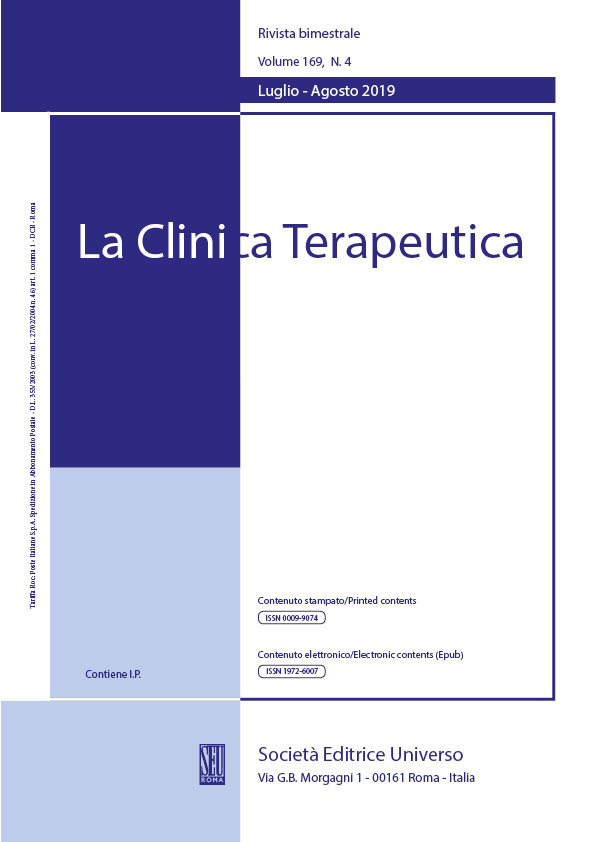Abstract
Objective
The objectives of this work were to fill the gap in the scientific literature and to evaluate the results of physical therapy treatments in individuals affected by chronic fatigue syndrome, considering only studies that employed a randomized controlled trial.
Methods
A systematic review was carried out according to PRISMA guidelines. Three bibliographic databases were searched: MEDLINE, Cochrane Library, and PEDro. The minimum prerequisites for papers to be included in the systematic review were that they had to (a) employ a randomized controlled trial; (b) be published in English; and (c) be published during the last ten years (2007–2017). The studies were evaluated according to Jadad score.
Results
Four studies were included. This systematic review suggests that a treatment that is more effective than all the others cannot be defined. This conclusion is related to the low number of investigated studies; therefore, the collected results cannot be generalized.
Conclusion
Chronic fatigue syndrome is not yet a well-understood pathology, and the physical mechanisms that influence the outcomes still need more study. Rehabilitation programs that promote physiotherapy techniques such as exercise, mobilization, and body awareness (e.g., MRT and GET) are the most effective in reducing medium and long-term fatigue severity in CFS patients.
